Visit Florence
- Art & culture
- Tastings & Cooking Classes
- Florence Outdoor
- Day tours
- Events
- Shopping
- Hotels in Florence
Be.Curious
Destination Florence

- Up to 8 Participants
What you will find
|
San Marco Museum includes
most of the ambiences of the Dominican convent designed by Michelozzo
- one of the greatest architects of the Renaissance - and commissioned by Cosimo
I de 'Medici. The convent, where the Dominican monks still live,
is one of the most distinguished examples of Florentine architecture of the
15th century. The museum is developed in
various evocative halls, containing one of the world's most famous cycle of
paintings by the Dominican monk Beato Angelico, one of the greatest
exponents of the Florentine Renaissance. The tour begins in the
elegant Cloister of St. Anthony, place of peace and spirituality and
center of the monastic life, where we find some doors with frescoed lunettes
that lead to the ancient halls hosting many wonderful works on wood and
frescoes by Beato Angelico. The visit proceeds with
the Great Refectory, the old Kitchen and the services areas which
display the paintings of Fra Bartolomeo, another important painter and
Dominican monk who lived in the convent in the early '500. In the Small
Refectory is instead preserved a magnificent fresco by Domenico
Ghirlandaio, a great artist of the ‘500, depicting the Last Supper. Upstairs it is waiting for
us the “not to be missed” visit of the monks' cells in which you can
admire the incomparable frescoes that Beato Angelico painted for his
confreres monks. Among the few not painted cells, particularly worthy of
interest is the one where the famous friar Girolamo Savonarola
lived: passionate speaker, he preached against the corruption and decay of
morals of the clergy, ending his life hanged and burned at the stake in Piazza
della Signoria. |
The visit of the museum will
end in the suggestive ambiences of the Library, famous for the
incomparable purity of its Renaissance architecture
Your visit experience will
be further enriched with the visit of the Cenacle of Sant’Apollonia, the
first Renaissance cenacle of Florence: in the Benedictine monastery of
Sant'Apollonia Andrea del Castagno frescoed the back wall of the
refectory with the Last Supper, the Crucifixion, the Deposition
and the Resurrection. In the Museum of the cenacle of Sant'Apollonia
there are also other fifteenth-century works from the former monastery and the
hospital of Santa Maria Nuova, by Paolo Schiavo of Neri di Bicci, Andrea del
Castagno and the rare traces of the frescoes and the sinopias of Domenico
Veneziano
Where / Meeting point
Firenze centro 3 - 50100 Firenze (FI)






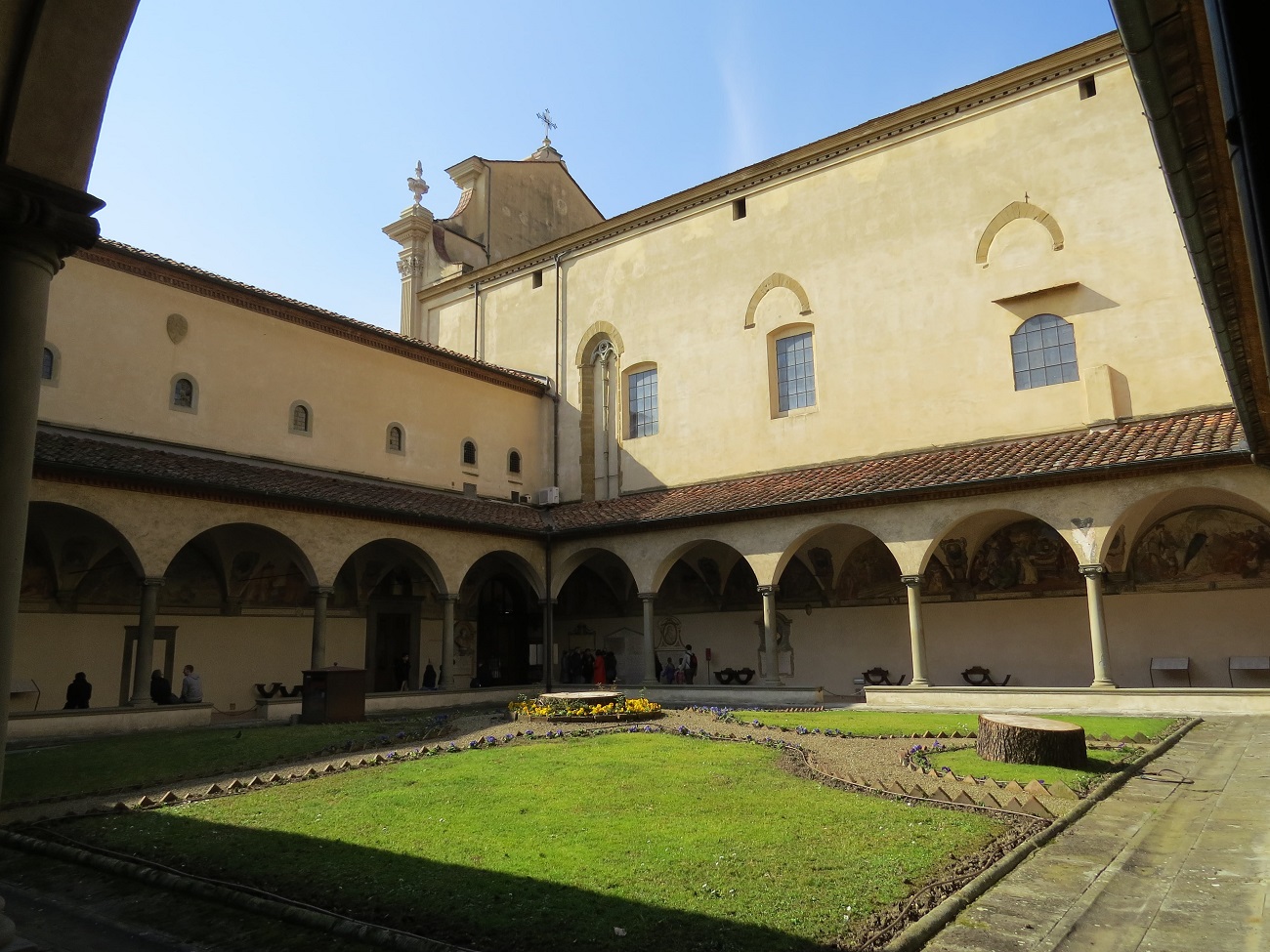
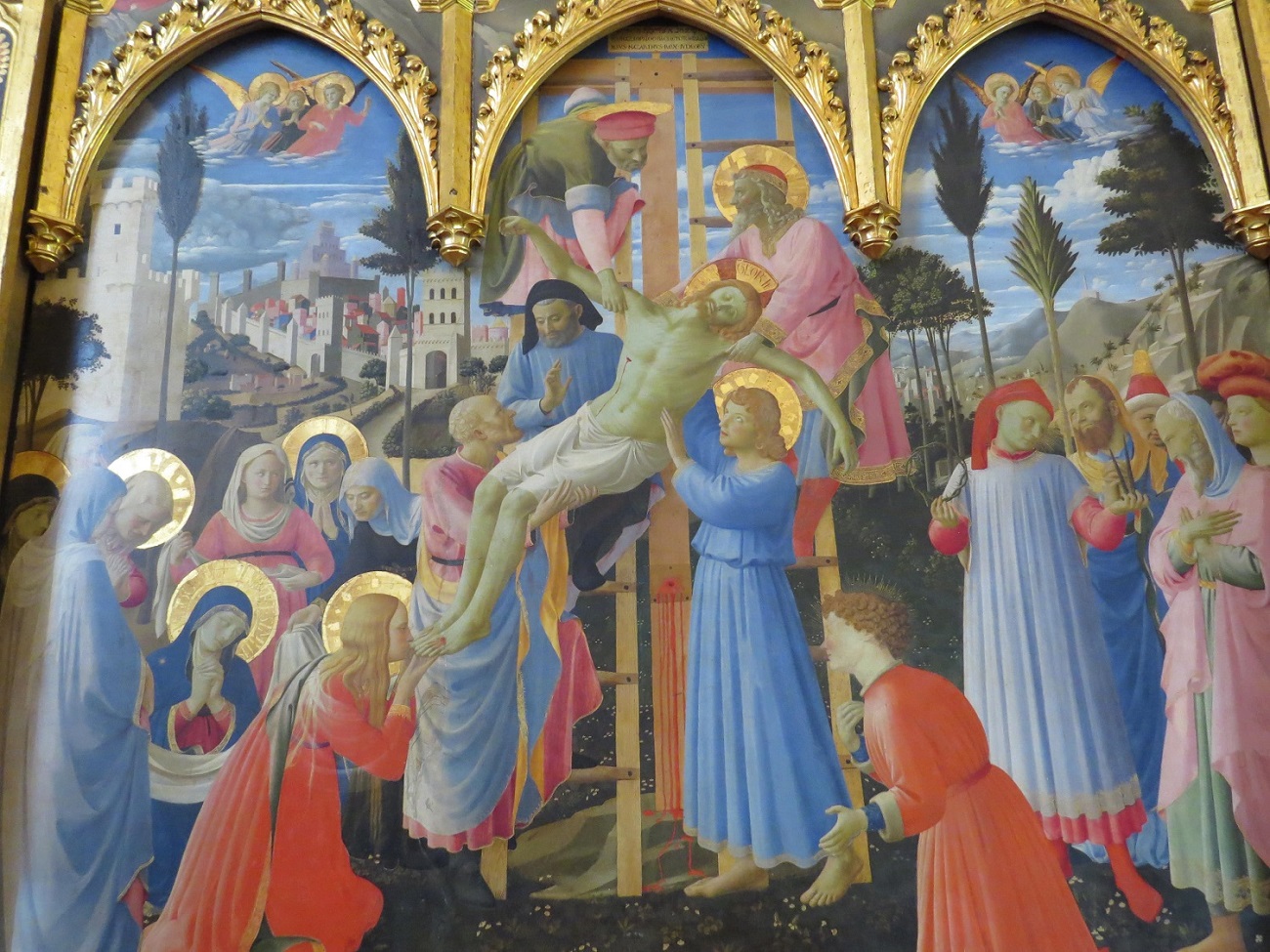
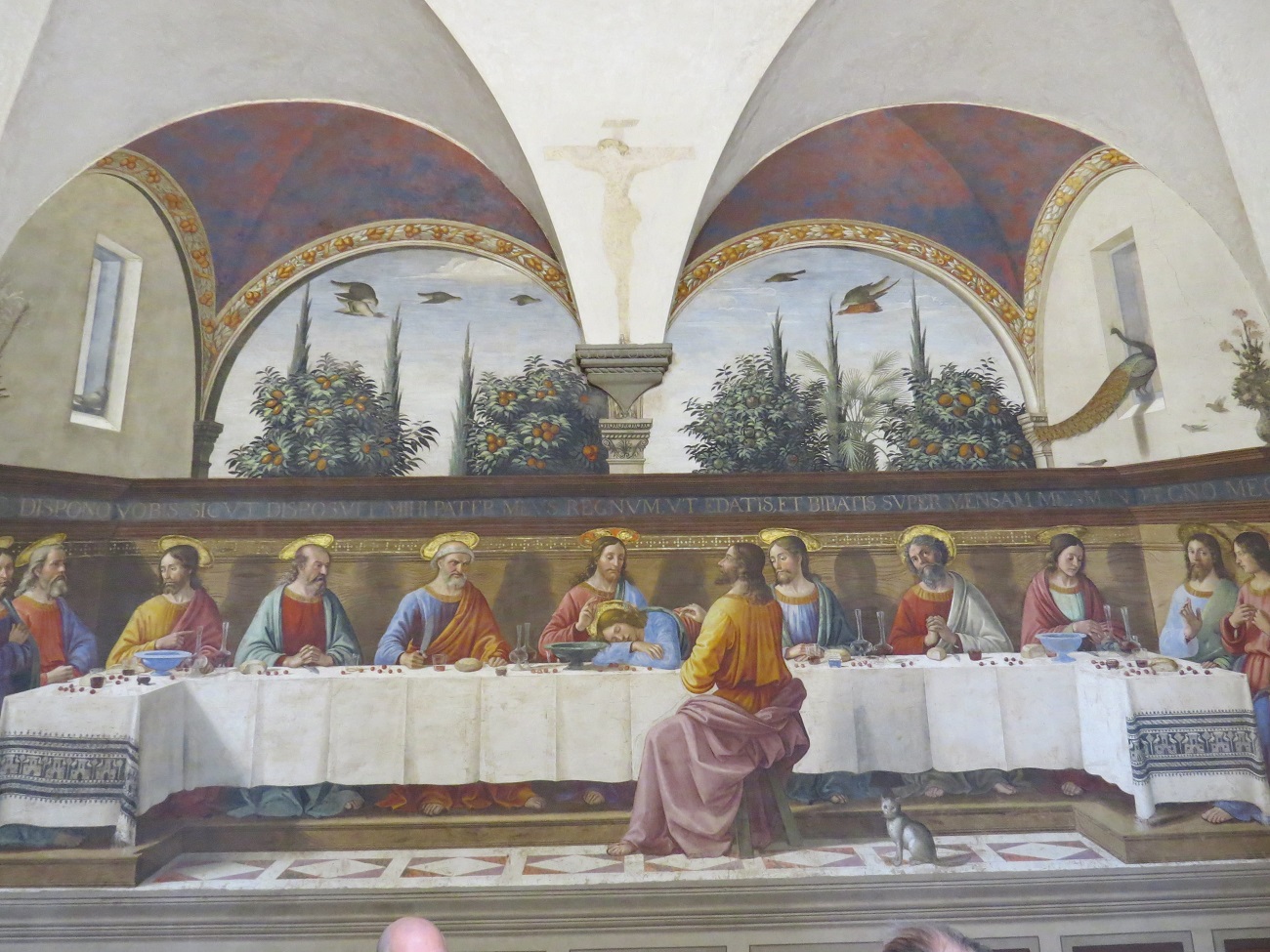
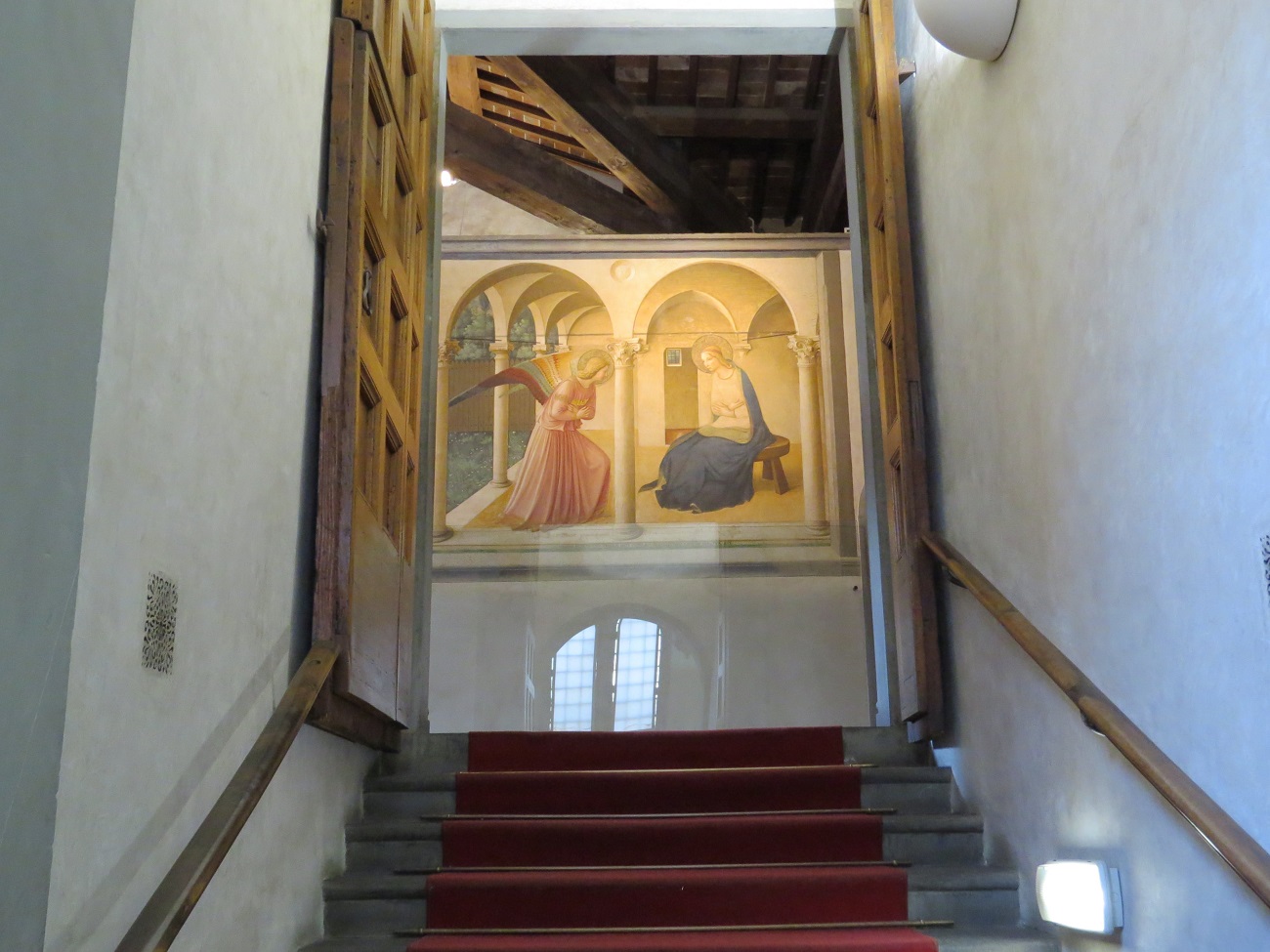
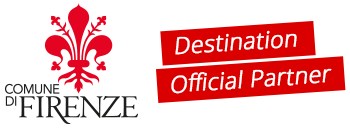
 All the services are provided by local merchants
All the services are provided by local merchants By using this site you support Florence
By using this site you support Florence We offer products with high-quality standards
We offer products with high-quality standards You stay sustainable
You stay sustainable It's a 100% trustworthy website
It's a 100% trustworthy website